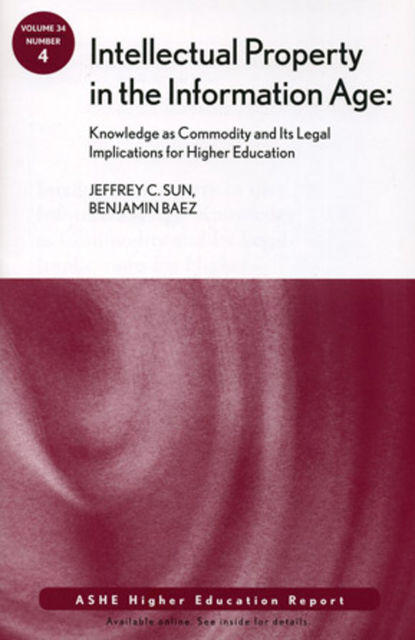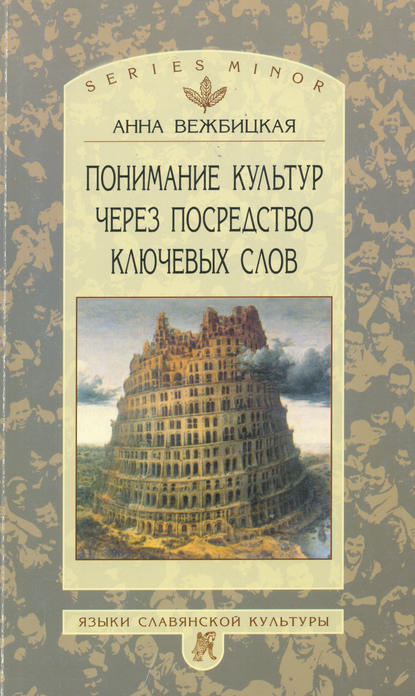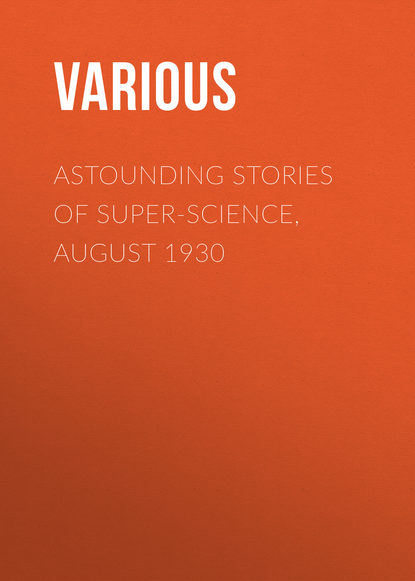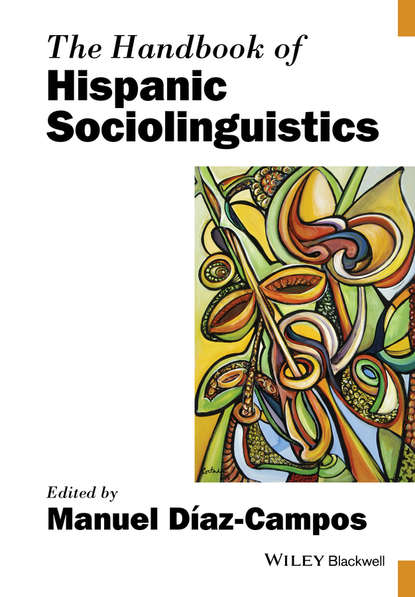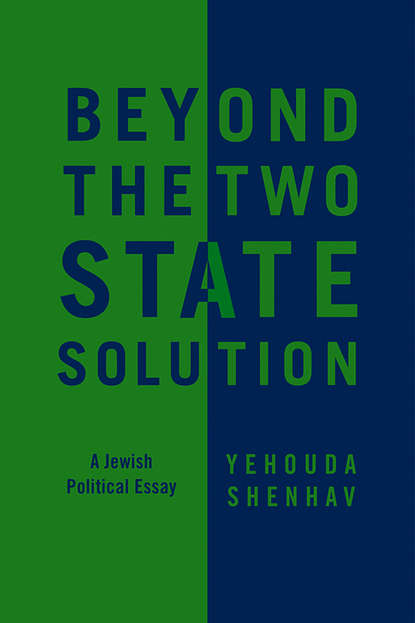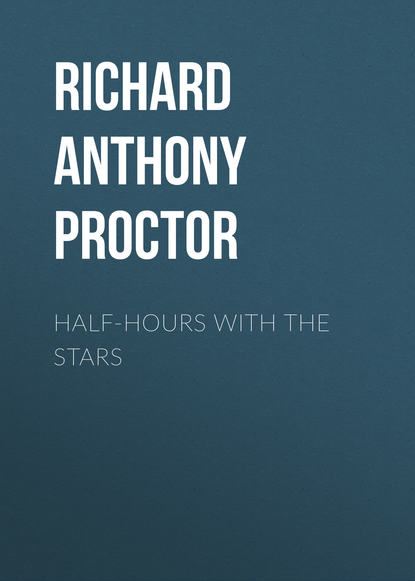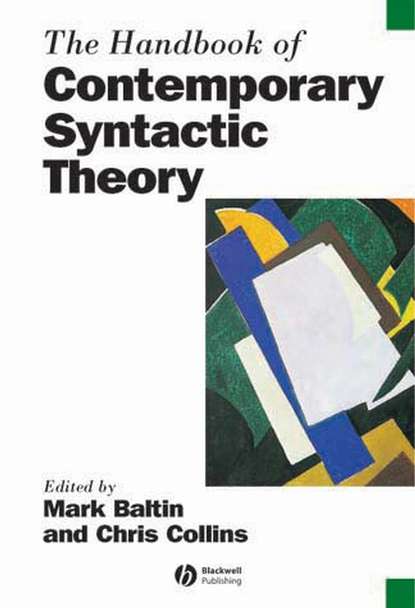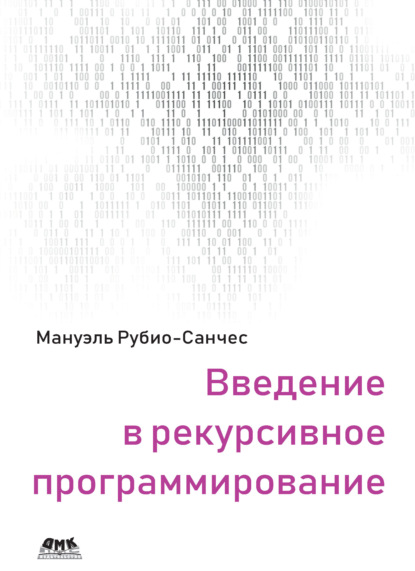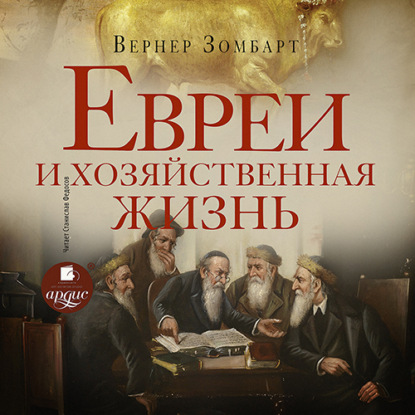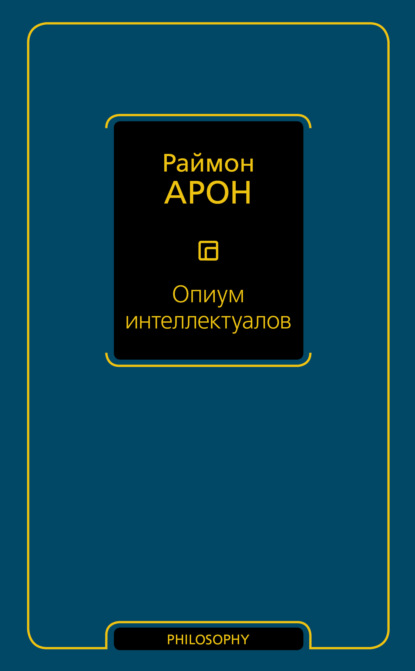Эта монография уделяет особое внимание интеллектуальной собственности в области авторских прав и патентов. В ней рассматривается, как правовые параметры, конкурирующие интересы и технологические достижения проявляются в экономических, политических и социальных контекстах, которые требуют, чтобы колледжи и университеты сделали интеллектуальную собственность центральным элементом своей деятельности. Экономические, политические и социальные силы переопределяют знания как собственность, которой можно владеть, а учреждения высшего образования, как производители знаний, являются ключевыми участниками этого явления. Дебаты об интеллектуальной собственности широко распространены, некоторые утверждают, что знания не должны становиться товаром для обмена, другие - что интеллектуальная собственность способствует инновациям в обществе. Неоспоримым является важность закона для разрешения споров об интеллектуальной собственности. Сегодня эволюционирующий правовой контекст, связанный с интеллектуальной собственностью и технологическими достижениями, создал конкурирующие интересы и требования отдельных лиц, учреждений и даже наций. Закон часто является сферой, в которой эти интересы и споры происходят с большим или меньшим удовлетворительным результатом. Колледжи и университеты должны иметь дело не только со сложными правовыми вопросами, но и с философскими и политическими последствиями, связанными с превращением интеллектуальной деятельности в собственность. Это четвертый выпуск в 34-м томе серии докладов ASHE Higher Education Report издательства Jossey-Bass. Каждая монография в этой серии представляет собой окончательный анализ сложной проблемы высшего образования, основанный на тщательном исследовании соответствующей литературы и опыта учебных заведений. Темы определяются национальным опросом. Затем заказываются работы известных практиков и ученых, при этом эксперты дают критические отзывы о каждой рукописи перед публикацией.
This book focuses on intellectual property, copyright and patents in particular. It studies how legal frameworks, competing interests and technological changes take shape within economic, political and sociocultural environments where there is a need for colleges and universities to make intellectual production central. Economic and societal forces transform knowledge into property that people can own, and these institutions, as generators of knowledge are central players in this process. Debate surrounds intellectual property; which some argue is against preserving the free flow of existing information while others say that intellectual creation stimulates society to thrive. It is impossible to deny how crucial the legal framework is for solving the issues surrounding intellectual property. With the changing legal contexts and constant technological developments, there are those who gain and loss power, and individuals, organisations and even nations want to gain control. Regimes are typically the scenes where these claims and conflicts are conducted, sometimes resulting in positive outcomes, sometimes causing aggression. Faculties and tertiary institutions must deal with complex legal complications, as well as the compelling and changing philosophies and politics engendered by transforming intellectual work forms into property governed forms. This work is the fourth item in the ASHE Series Report on Higher Education's 34 volumes, compiled by academics with notable expertise in the relevant fields. Each of these single-author reports is carefully developed from major prior research and helps students gain insight from and understand different issues relevant within higher educational contexts. Selected items are surveyed by national college bodies to allow individual reporting. A panel of distinguished professionals give an in-depth critique of all submitted articles for publication.
Электронная Книга «Intellectual Property in the Information Age» написана автором Benjamin Baez в году.
Минимальный возраст читателя: 0
Язык: Английский
ISBN: 9780470877593
Описание книги от Benjamin Baez
This monograph pays special attention to the intellectual property of copyrights and patents. It examines how legal parameters, competing interests, and technological advances take shape in economic, political, and social contexts that require colleges and universities make intellectual property central to their operations. Economic, political and social forces are redefining knowledge as property that can be owned, and institutions of higher education, as producers of knowledge, are central participants of this phenomenon. Debates about intellectual property are rampant, some arguing that knowledge should not become a commodity for exchange, others than intellectual property fosters innovation in society. What is not debatable is the importance of the law for resolving disputes about intellectual property. Today, the evolving legal context association with intellectual property and technological advancements have created competing interests and demands from individuals, institutions and even nation. The law is often the realm in which these interests and disputes take place, with more or less satisfying results. Colleges and universities must grapple with not only complex legal issues but also the philosophical and political consequences associated with the conversation of intellectual acts into property. This is the fourth issue in the 34th volume of the Jossey-Bass series ASHE Higher Education Report. Each monograph in the series is the definitive analysis of a tough higher education problem, based on thorough research of pertinent literature and institutional experiences. Topics are identified by a national survey. Noted practitioners and scholars are then commissioned to write the reports, with experts providing critical reviews of each manuscript before publication.
